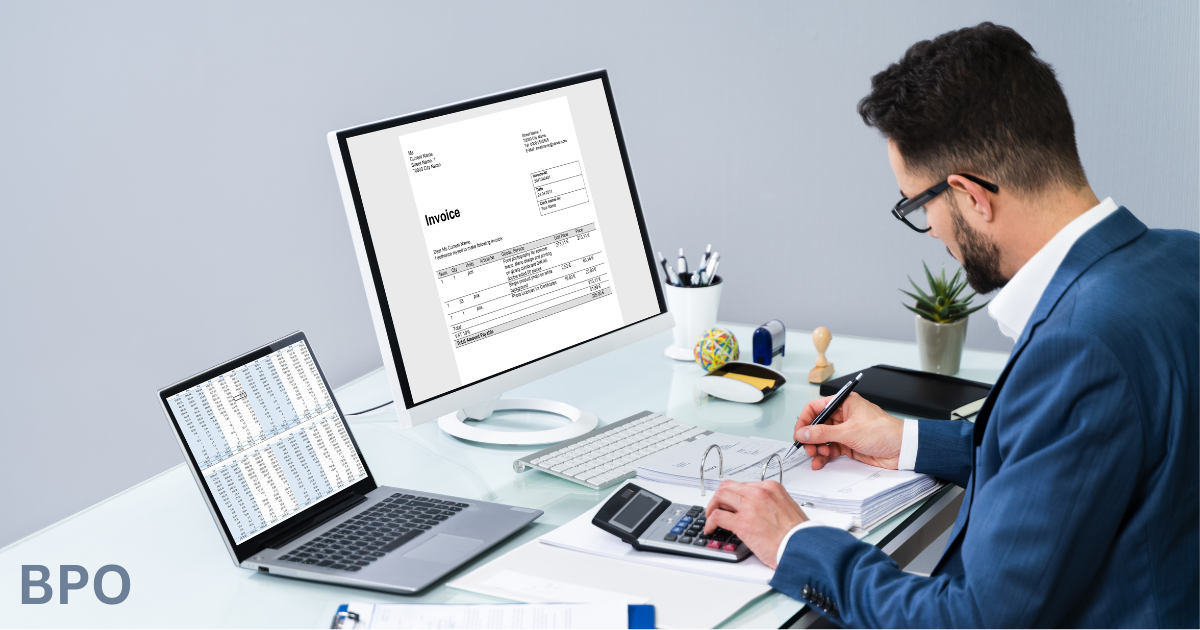
The emergence of digital technology has changed the landscape of financial transactions and accounting operations, bringing milestones for any organization or corporation and making every task easy. However, despite its developing phase, this also increases the risk of different means of cyber-attacks and data breaches that interfere with the system. Indeed, preserving data and information is one of the most crucial parts of working within the infrastructure while maintaining its confidentiality and integrity.
This article presents six essential and critical ways to preserve sensitive accounting data while maintaining data privatization within Optimum Source Inc.
1. Implementation of Best Practices for Data Security in Accounting Systems
All financial transactions and accounting processes have undergone a quick and significant change with the introduction of contemporary technology, which also makes enterprises and firms more comfortable, but this also brought about some developments that give rise to illegal acts, like computer intrusions that result in data breaches and malfunctions of particular data because of this, maintaining client data protection is crucial, particularly for businesses and accounting firms, where it goes beyond mere statutory compliance to ensure operational integrity and client confidence.
2. Employ Robust Authentication Techniques
Optimum Source Inc. monitored and secured authentication techniques, such as multi-factor authentication (MFA), essential for limiting illegal access to private data. Multiple verification methods, like a device, a biometric marker, or a known password, are needed for MFA. Data security also requires strong password policies that should be complicated, unique, and updated often.
3. Consistent backups and safe storage
It is essential to regularly back up data and store it securely, either off-site or in the cloud, to guard against cyberattacks, system failures, and other calamities. Data remains safe and unreadable, even if it is intercepted or accessed by unwanted parties.
4. On-going Training for Employees Awareness
Human error is a most significant hazard to data security and cannot be eliminated but can be reduced. Consequently, Optimum Source Inc. is continuing to strive to train employees on best practices, including data management and phishing detection. Maintaining physical security and being aware of secure accounting systems are necessary. Regular training sessions and promoting a security-conscious culture help ensure employee awareness of the organization’s data protection regulations and processes.
5. Cloud-Based Accounting Software’s Function in Data Security
Optimum Source Inc. focuses on sturdy data centers, regular backups, encryption techniques, and utilizing cloud-based accounting software that will all contribute to solid data security. To track and neutralize such threats, service providers deploy specialist security teams. Choosing the right supplier is crucial for handling data breaches, assessing security measures, and complying with legal requirements. Scalability, remote accessibility, and instantaneous data backups are advantages.
6. Specify the needs and goals for the necessary information
Protecting user’s rights, obtaining express consent, and guaranteeing transparency in data collection and processing are all required for consumer data security. Optimum Source Inc. obtains user consent, outlines the purpose and constraints of user data, alerts consumers to breaches, informs users of their rights, and understands cross-border rules to avoid lawsuits. Selecting a reliable provider of cloud-based accounting software is crucial for security standards, regulatory compliance, and data breach management.
Digital technology enhances financial transactions but increases cyber-attack risk. That is why Optimum Source continuously implements data security best practices, robust authentication, backups, employee training, cloud-based accounting software, and a security-conscious culture.
M.A.
